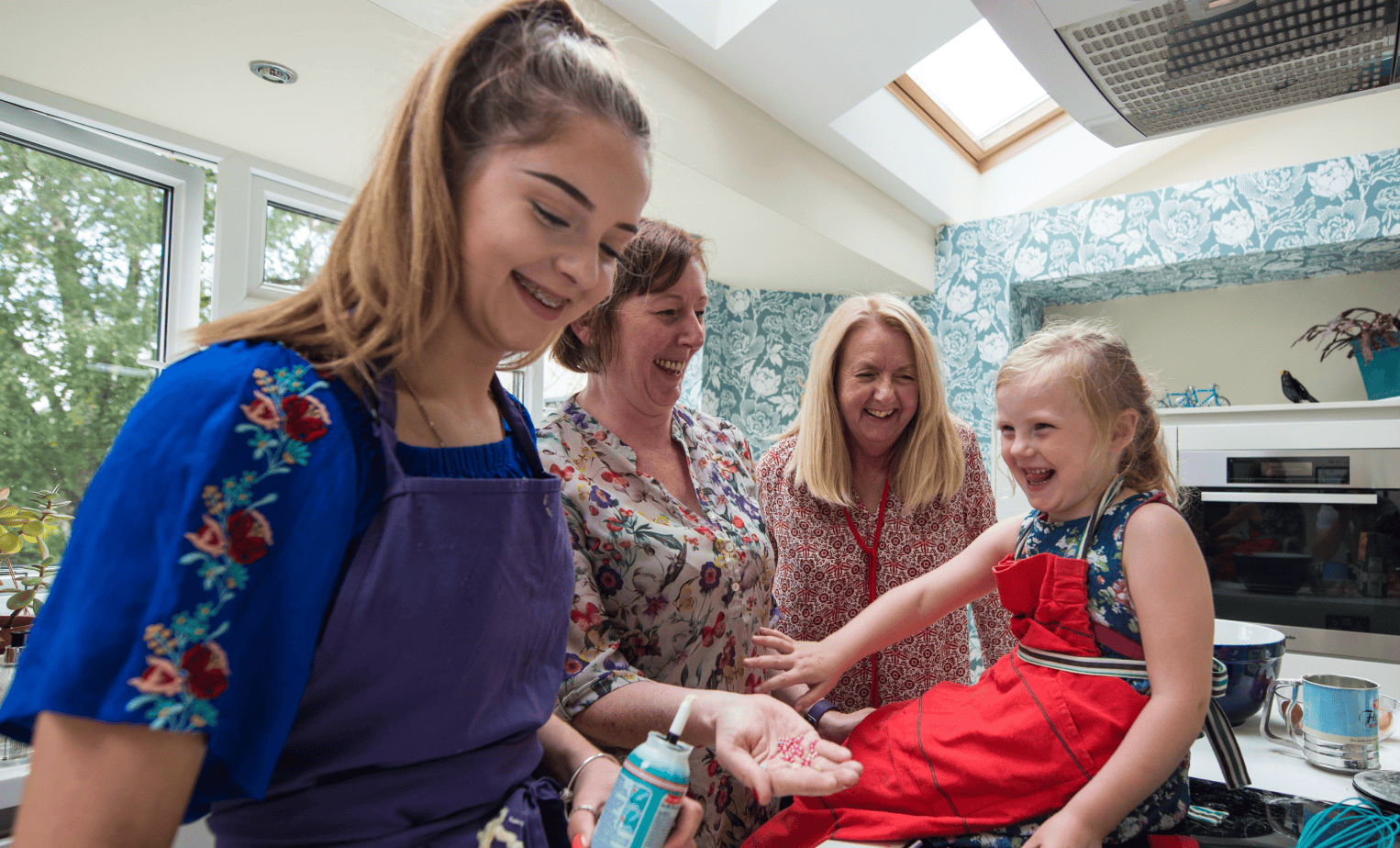Because of the very nature of the day to day responsibilities of the supervising social worker, there are key elements of role that are requirements of the Fostering Regulations. If the SSW does not undertake these functions, then someone else with the organisation is required to do so.
The supervising social worker undertakes a different role to the local authority social worker. The LA social worker role acts in the best interests of the child, making the big plans for the child living in care. These plans for the child may include, education, health, decisions about returning home to their birth parents, having contact or moving on long term to perhaps adoption. The child’s social worker will always work for the local authority that the child comes from.
Once approved, every fostering family must be allocated a named supervising social worker from the fostering agency. Their purpose is to guide, signpost, develop and act as a positive role model for foster carers, protecting the carers interests and supporting their wellbeing, all whilst monitoring closely the outcomes for the child(ren).
Fundamentally as a team, each one of us, regardless of our role is working towards achieving the best outcomes for the children in our care. The supervising social worker however gets closest to the foster carers and with the support of the team, has the most influence on the success of the foster carers in their role. Their ability to lead, coach, teach, empathise and empower the foster carers can seriously affect the success of the foster carers. Consistency in this role is very important and sadly with so many social workers feeling stressed and unsupported themselves, the consistency is often not as good as it should be with social workers taking sick leave or leaving altogether. This is a sad indictment of the industry and the provision of support for social workers is equally vital.
The role of the manager, of the supervising social workers, is to ensure that the SSW has the right support, tools, time and flexibility to support the foster family and provide the leaders of the organisation with timely feedback about the service and outcomes for the children in order that we can all work to improve the service continuously. At To the Moon and Back we empower our SSW’s to make decisions quickly and ensure our managers to provide more than just a monitoring/supervisory role. We believe our work is about making and sustaining valued relationships with everyone around us and this includes our supervising social workers. In order for them to be successful they need to feel valued themselves. They are the main point of contact for our foster families to know what is going on in the agency and to deal quickly with any concerns, queries or feedback.
Regulations require the supervision of foster carers to take place on a monthly basis. This is undertaken by the appointed SSW in the foster carer’s home. During this formal meeting, the SSW will lead discussion about the foster child/young person and monitor that they are getting the care they need in conjunction with their care plan. Monthly meetings are the bare minimum, the high level of support of foster carers doesn’t just happen. It involves effective two way communication that works well for everyone, an individualised approach, openness and sharing of self, approachability, the ability to stretch the foster carers’ professional development, being challenging when required and being ready to catch foster carers if they fall. All of which, when in place, builds trust and creates an equal relationship. At the Moon and Back Foster Care we use texts, phone calls, skype and facetime on top of mandatory monthly visits. We want families to know they are not alone in the fostering task.
The monthly meetings provide allocated space and time to reflect on the month, on what has happened, how foster carers are feeling, review the impact of the work undertaken and overall determine what might be changed to continue the placements success. In between monthly meetings, it may be necessary to meet up again and the role of the SSW is to continually review priorities and provide more time and support where needed. The monthly visit should be written up and signed every month by the supervising social worker and the foster carer. The notes help us remember what we have all agreed to do. Supervising social workers must visit at least monthly and complete at least one unannounced visit to a foster carer’s home per year.
Once you are approved to foster with us, your SSW will introduce you to keeping records, including our CHARMS system, where all the children’s records are kept and where our carers complete their dally logs. Your supervising social worker will talk you through key policies and procedures and show you how to access the foster carer’s handbook, answering any questions you may have. The first few visits whilst waiting for a suitably matched child will be focusing on preparation for your first placement, and increasing your knowledge. Most of our foster carers have children placed relatively quickly after their approval. Some within a week have had their first child move in. Your supervising social worker will be active in helping match you with a suitable child. They should be the people who know you well and as such be able to assist the team on what is likely to work and what may not, given your individual circumstances and ambitions. You and your supervising social worker should have input to and agree with decisions on potential placements.
The SSW’s key role, within our service, is to get to know you, your family and your foster child/ren. We support them to be your coach, inspiring you, in your work, helping you think and understand about what has happened to the child in your care, enabling you to plan their care. The supervising social worker provides a safe space to talk about the young person that you have got to know and how they are developing and also how they impact on you and your family. We see our foster carers as equal professionals who bring to the partnership a unique insight in to a foster child. Your supervising social worker should monitor your wellbeing and that of your family and work creatively to help you develop the best ways forward to support the child. This might be, by thinking about extending your support network, building your skills through access to webinars, training or other fostering networks. They should be considering the needs of your own children and family and support you to manage their transition to fostering.
Supervising social workers play a liaison role with the child’s social care team. We support you to focus on the child and their needs, to keep social workers up to date with changes and to respond to requests from the child’s social worker for information. Our supervising social workers take the lead in chasing up care plans, and ensuring we have the best information to understand and support a child. Supervising social workers will lead where we need to challenge a team, for example when there is a need to increase access to services or request increased funding for a young person. Your supervising social worker will walk alongside and support you in your role.
Lots of fostering services will make promises about the support offered to foster carers and we are no different. Support is an individualised thing. We are clear on how we provide support but it is a broad term so it is important that foster carers understand what will be available for them, ensuring their expectations will be met.
At To the Moon and Back Foster Care we are proud of the level of professional support we give our families. We expect our team to care about those they work with. Ofsted in our recent inspection stated that our foster carers describe strong support from the agency. We do not believe in propping our families up at any cost but working proactively and in partnership to get the best outcomes for our children, this means helping families build their skills whether that it is by developing recording skills on our system CHARMS, or by developing knowledge on the impact of trauma on children and in particular the child in your care. We believe in providing knowledge that is practical, for example helping families develop techniques to support a child to manage trauma by enabling the child to learn new ways of expressing the hurt they have felt.
Accessing feedback from foster carers is a key role of our supervising social workers. We focus on the meeting of individualised needs within a foster family. We work to a foster carer’s charter setting out our expectations of foster families as well as what families can expect in return from us. We encourage open and honest communication and aim to have happy supported carers, knowledgeable and confident in their role as we believe that leads to longer lasting placements and more young people achieving their true potential in life.



